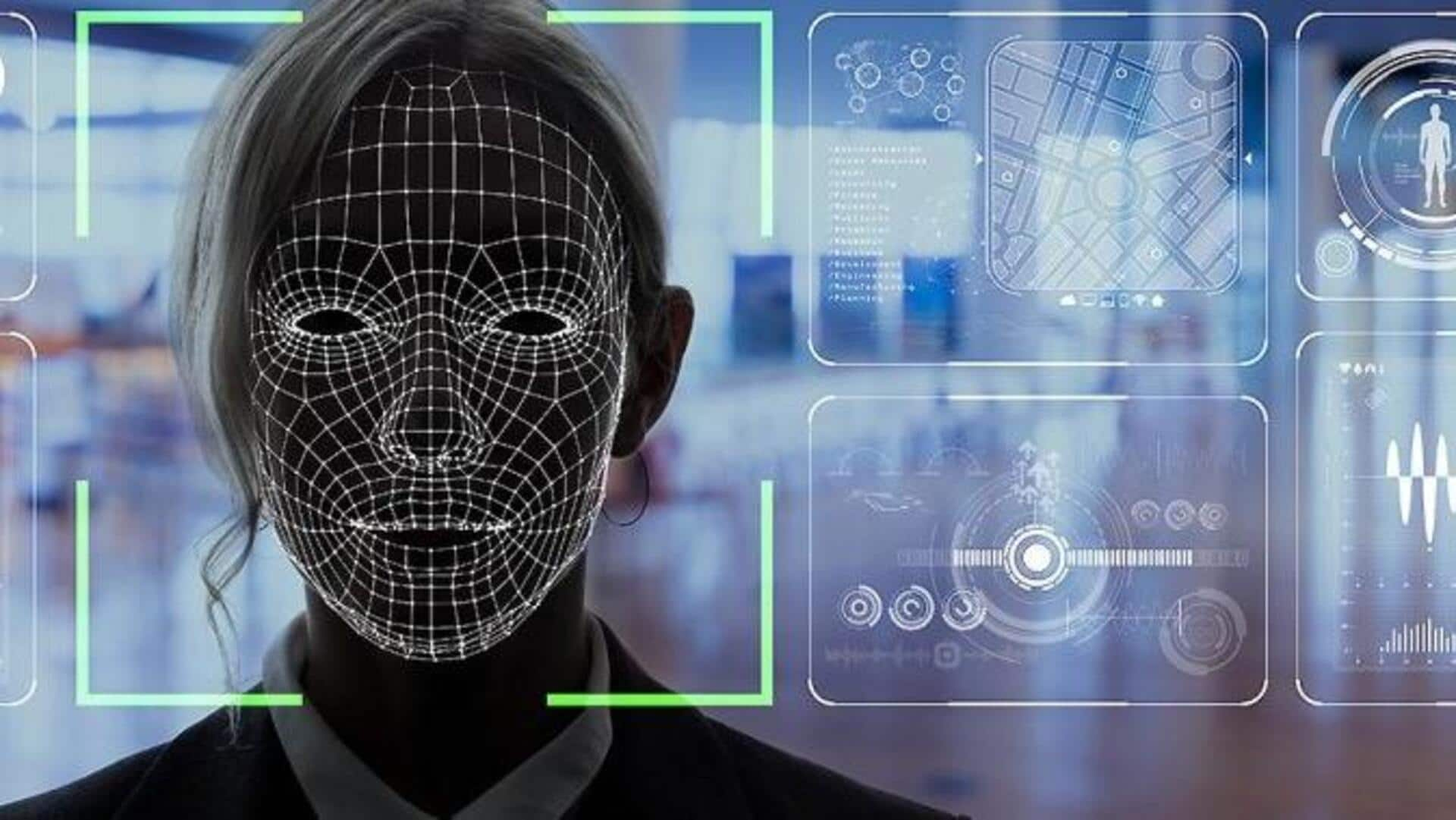
China plans to regulate facial recognition technology: Here's how
What's the story
China's Cyberspace Administration is proposing measures to regulate facial recognition technology, limiting its use to specific purposes and requiring individual approval or written consent.
The technology's pervasive use has invited criticism from various corners of the world. The European Union's AI Act also seeks to prohibit real-time usage of facial recognition.
Let's see how China plans to regulate the technology.
Details
What are the concerns associated with facial recognition?
Facial recognition is widely used in China, from authenticating payments in supermarkets to verifying identities at airport gates.
Critics argue that privacy and bias concerns arise from this technology, especially regarding the accuracy and fairness of algorithms in recognizing the faces of minorities, potentially leading to unjust targeting.
The proposed measures aim to give individuals more rights to opt out in certain situations.
Steps
Public areas must display clear signage about using facial recognition
The proposed rules require public areas using facial recognition to have clear signage. Hotels, airports, or museums will be prohibited from forcing people into facial scans for "business operations" or "service enhancements."
Additionally, facial recognition cannot be the only way to enter a building.
These rules could increase operational costs for organizations and individuals using the technology.
Prohibitions
Retaining images in original resolution sans consent will be prohibited
Entities holding facial data of over 10,000 people must register with a local CAC branch. For collecting the facial biometric data of individuals under 14 years of age, the consent of their parents or guardians is required.
Collectors cannot retain facial images in their original resolution without authorization from individuals as well.
Public opinions are being sought until September 7.